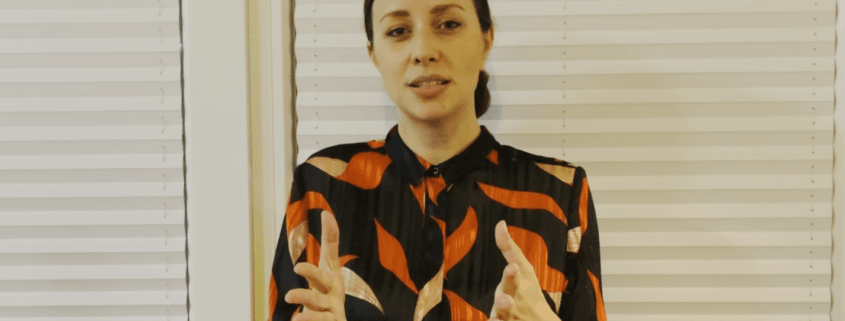On Sunday, 5 December 2021, MEP Irena Joveva spoke at the Regional Liberal Conference organised in Skopje by the Macedonian Liberal Democratic Party (LDP) and the ALDE Party under the title “A Renewed Narrative for Accelerated EU Integration”. Joveva has been critical of both the European Union and certain Member States, emphasising in particular the importance of partnership and cooperation. She also spoke about the threat of illiberal far-right populism.
As a preliminary remark, MEP Joveva noted that relations between the European Union and the Western Balkans had unfortunately not changed much during the two-and-a-half years of the European Parliament’s current term. This is partly due to the pandemic, which has overshadowed other topics, but also at the Brdo Summit, which was supposedly aimed precisely at promoting enlargement, Member States proved very reluctant to use the very word “enlargement”. She recalled a number of obstacles to enlargement, such as the Greek and later Bulgarian veto as well as the French “non” to North Macedonia: “I wish to underline that in accordance with the Treaties, bilateral disputes should not be used to prevent a candidate country from entering into negotiations. This is therefore a clear case of an EU Member State not respecting this principle and plainly exploiting North Macedonia’s position for its own political expediency. Once again, the EU’s unanimity rule is showing its weakness — that one Member State, out of 27, can stop the progress of one nation.” She pointed out that this had led the European Parliament to openly and vociferously criticise first the Commission and then the Council, as promises have to be kept and good work rewarded.
“The Western Balkan countries, our immediate European neighbours, should compete with each other in the sense of which will carry out the most reforms and improve the lives of their citizens, and they should offer each other support and expertise in order to facilitate this common process. The European Union should help us support and encourage each other,” she said, while noting that unfortunately many Western Balkan countries are bogged down in reforms, nationalism and ethno-nationalist narratives of the 1990s, which prevents them from making progress. The Western Balkan countries should perceive EU enlargement as an objective that will allow all their citizens, irrespective of where they live and of their ethnic or religious background, to feel appreciated, safe, heard and respected.
The MEP also condemned the actions of the European Union, which is losing credibility in the Western Balkans due to numerous unfulfilled promises. In her view, the integration of these countries into the EU is a geopolitical necessity that will ensure peace and sustainable development in the area. Only by standing shoulder to shoulder can the EU and the Western Balkans address many issues of great importance for the future.
“I don‘t wish to sound pessimistic, but I don’t see many radical changes in the near future. Of course, the Commission’s new enlargement package was promising, but the assumption that all six Western Balkan countries could soon join the EU is not very realistic, especially as there has been an authoritarian turnaround in some EU countries, which at the moment would certainly not be in favour of the enlargement package. The EU must therefore also be more stringent vis-à-vis its Member States. We see the deterioration in the areas of media freedom, the rule of law and civil liberties in some Member States, which is why profound changes are very much needed in the EU. Unfortunately, this can be observed in Hungary, Poland and, more recently, in my own country, Slovenia. This shows how illiberal far-right populism can weaken the rule of law, dismantle the independence of the judiciary, public media, regulatory agencies and independent institutions, and it can do this in a very short time. This is currently the biggest threat, both in the Western Balkans and in the EU Member States.”
Joveva stressed that this ideology is closely linked to ethno-nationalist tendencies and is as such not only an obstacle to accession and a threat to peace, but also undermines the very structure of the European Union. “However, we need to be clear about what is happening: artificially created ideological conflicts are only a guise for authoritarian rule, which in turn is a guise for kleptocracy. And everyone, including those who pretend to be liberal and a part of our family but support such illiberal leaders, is part of the problem, not of a solution,” she said sharply before concluding her address with the following thought: “We must work together to fight illiberalism across Europe and strengthen our common values. It should not be forgotten that we are partners in this and that the process is difficult and long, but ultimately leads to a victory. It must lead to a victory for the European Union, for the Western Balkans, and above all for the citizens of all the Western Balkan countries, who deserve a better and safer life.”
In the video, you can listen to a slightly shortened version of the address:





Leave a Reply
Want to join the discussion?Feel free to contribute!